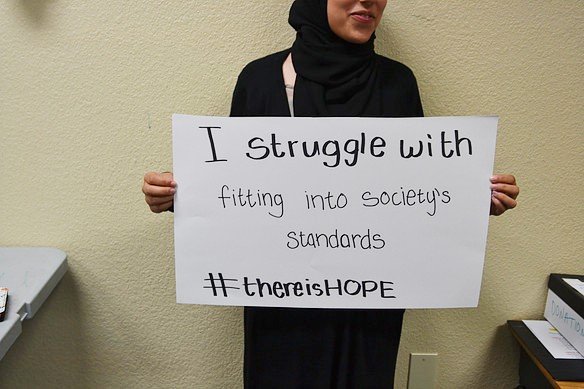
WHY MUSLIM MENTAL HEALTH MATTERS?
Allah called all the spirit (ruh) together and asked am I not your Lord to which we answered yes. The purpose of our existence is worship of Allah. We have been created in toil and here our conviction is tested. Losing our mental health can impact everything in life.
We live on a country where 1 in 6 children are abused, 97% of young women are sexually harassed, a third of Muslims have experienced abuse or crime in their place of study, hate crimes in the UK increased by 24% last year 42% were against Muslims, and 7 out of 10 Muslims experience Islamophobia at work.
Suicide is the bitter end of depression and the primary cause of death among young people in the UK. One in 6 people in the UK so 1 in 6 Muslims in the UK will this year have a mental health problem.
The Lateef Project is the only Islamic counselling service that is free to clients presenting no barriers or shame in terms of access. Donations will support Islamic counselling evidenced-based, faith-based therapeutic work. 90% of all our funding goes directly to providing counselling to our clients (the rest keeps the service running).
NHS data since 2010 show that Muslims have the worst levels of recovery of any faith group in NHS treatment. Surveys show the mental health problems in the Muslim community:
Muslim Census A Year of Lockdown 2021
70% of our young people said covid19 impacted their mental health, 73% of Muslims experienced numbing or difficulty grieving.
The BCBN Report Hidden Survivors 2021
The most common mental health struggles faced by young Muslims were anxiety (53.8%), depression (49.4%) and stress (48.6%). Nearly one in five young Muslims said they had harboured suicidal thoughts “many times”.
Why is it important?
Mental health problems in our families are often complex and compound.
We have experienced traumas on top of normal life problems our elderly partition, Islamophobic or racist harassment.
Seeing domestic violence (DV) as a child has lasting impacts, women are almost pre-programmed knowing nothing else from childhood to be in similar relationships experiencing depression and anxiety.
How does counselling help the community?
It intervenes when people are suicidal.
It helps fathers to address their drug use and care for their families,.
It helps women to regain their autonomy and self-esteem after years of abuse.
It helps people to heal and reconcile with the fact that they may have been hurt all their lives but that is not their future.
It lifts people from depression and despair and helps people find strength in the face of fear and anxiety.

